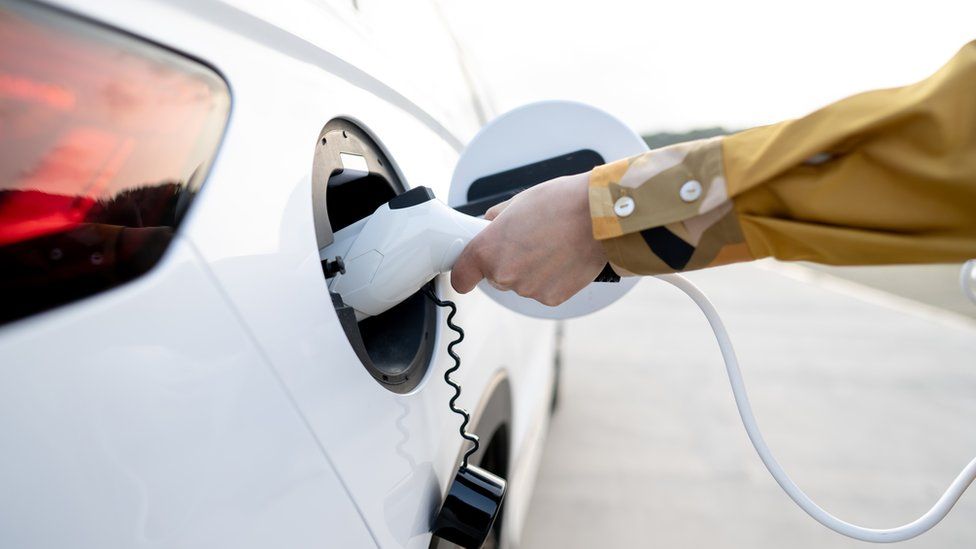-

-
-
Loading

Loading

According to the European Automobile Manufacturers Association (ACEA), the new trade rules for electric vehicles under Brexit could cost European manufacturers £3.75bn over the next three years. These rules require EU-produced electric cars to be made mostly from locally sourced parts. However, both European and UK manufacturers claim they are not prepared for these regulations. ACEA also warned that the measures could lead to a reduction in output by 480,000 vehicles from EU factories and that customers would ultimately bear the costs. The issue lies in the "rules of origin," which will be enforced from January. These rules state that electric vehicles must have batteries produced in either the UK or the EU, or face a 10% tariff when transported across the Channel. Manufacturers are struggling to meet these requirements due to slower-than-expected battery production in Europe. The UK market is crucial for European manufacturers, as they export 1.2 million vehicles to the country annually, while the UK exports more cars to the EU than any other region. Steep tariffs could increase the cost of producing electric cars and potentially push up prices. ACEA is requesting a three-year delay in the implementation of the rules and is appealing to the European Commission for action. Renault CEO Luca de Meo, also acting as ACEA's president, stated that raising consumer prices for European electric vehicles at a time when the industry must compete globally is not the right approach and could result in losing market share to international manufacturers. Any change to these rules would require an agreement between the UK and the EU. The UK's Business Secretary, Kemi Badenoch, expressed optimism about reaching a deal, but the EU's internal market commissioner Thierry Breton indicated resistance, stating that it would be inappropriate to reopen the Brexit deal for the motor industry. The European Commission highlighted that Brexit has altered the trade relationship between the UK and the EU, and the rules of origin aim to establish a strong and resilient battery value chain within the EU. Although the motor industry's appeals face resistance, the hope is that a last-minute agreement can be reached, similar to the negotiations surrounding Brexit. Trade officials from the EU and the UK are anticipated to meet in London this week, although it remains unclear whether the new rules will be discussed.